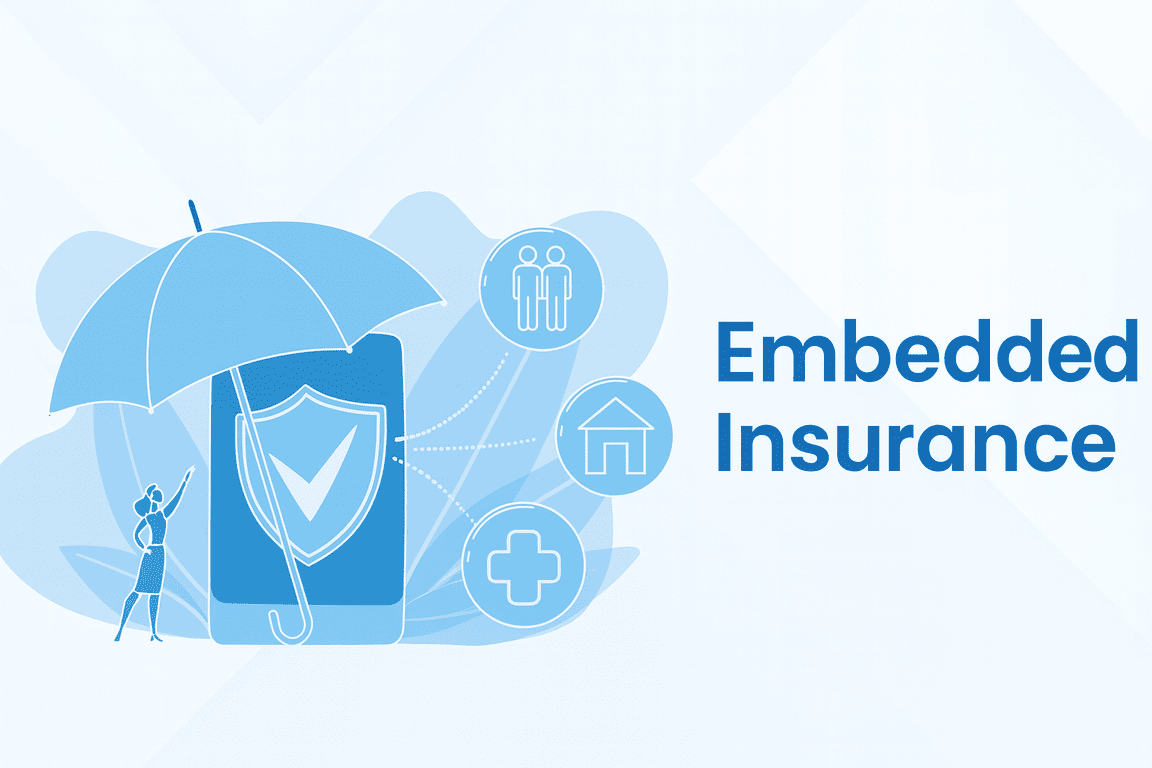Businesses of all sizes can benefit greatly from effective use of information technology. Even the basic fabric of business communication is managed by electronic mail, IP telephony, text messages and online video conference calls. Business processes are automated, web-enabled, and data is submitted to the ubiquitous cloud, otherwise known as an internet service. Someone has to manage all this technology to ensure that companies are optimizing their investment and assuring their ability to operate and serve customers.

I shared my thoughts on this topic with some of the good folks at Kraft Technology Group yesterday. We agreed that many small businesses are better off hiring a professional IT service provider rather than attempting to hire their own IT staff. If they never had an IT person on their team before, they are probably looking at one or two people initially. Any more full-time technical headcount can become expensive quickly. Now think about the breadth and depth of knowledge the internal IT person needs to do a competent job.
The one or two people they might hire must keep all of the communications and computing infrastructure running and optimized, manage the website, install and maintain core applications and integrate systems to assure effective workflow and information access and reporting and more. This is a tall order for anyone and requires the person to be more than a Jack-of-all-trades. They simply cannot keep up with all of the different elements that need support, and they cannot excel at any of them.
In all likelihood, they will revert to a mode of crisis management, plugging holes and failures that appear just to keep the system functioning. If they dedicate any time and effort to one particular domain, the others suffer. The result of this chaos is that the person is overworked and the very IT infrastructure that should be optimizing business performance becomes an expensive burden. A professional IT service provider solves this problem in two important ways.
The Power of a Full IT Team
First, when the business engages an IT service provider, they gain access to an entire team of IT professionals with a diverse range of expertise. This often comes at the same cost, or sometimes less, than the internal full-time staff was. Since the need for any specific domain knowledge varies from day to day, the appropriate expertise can be applied to address the problem as needed. These professionals support other customers doing similar things so their knowledge in that particular domain of expertise tends to be much deeper than a generalist could hope to achieve. Each customer benefits from the cumulative experience gained from all of these engagements.
Second, a professional IT services company is dedicated to providing professional services using the best available skilled talent and IT best practices to all of its customers. To earn their customers’ business, develop a strong brand reputation and to out-compete other service providers, they must strive for the utmost in professionalism and state of the art expertise and practices. An internal IT person may come with a lot of knowledge, but they have no way to deliver service at the same level as a competent and professional IT service provider. This also gives the customer more flexibility, as it is much more difficult to replace an internal IT person than to replace an under-performing service provider.




